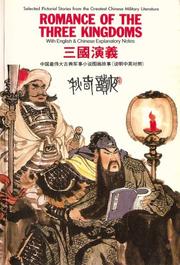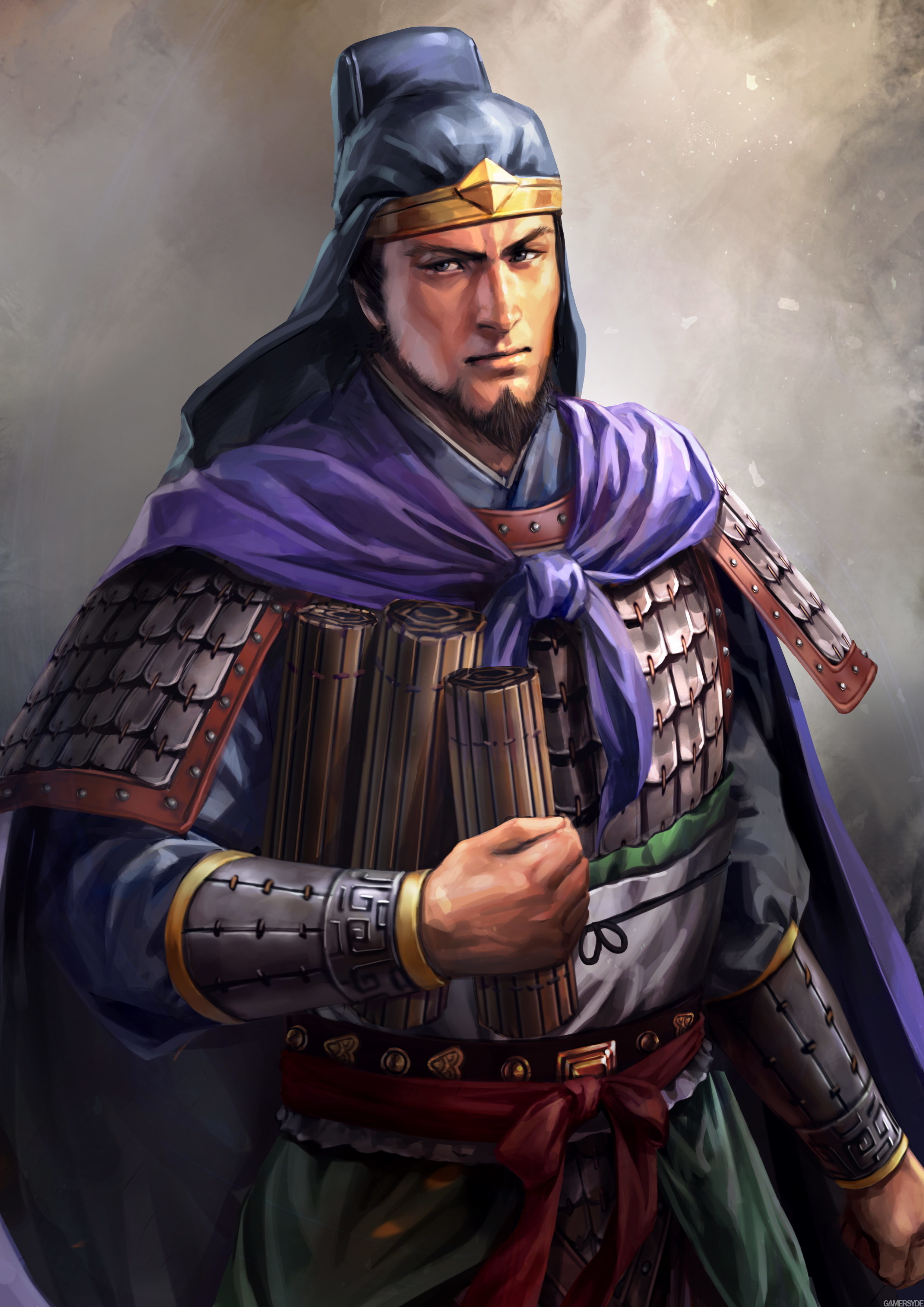

You need to place two Academies in a city to be able to let officers research there. Before you can build siege weapons, you need to do a research at your academies. At a smith you can build rams and catapults, with the latter being the most expensive but the more effective one. A guard station raises your fame, which will attract more officers, but it will also increase your city defense. The more barracks you have the higher your draft. Food and money is both for your troops, but money is also needed to build or upgrade buildings, creating siege weapons and researching. Farms and markets will get you food and money. There are eight types of buildings: farms, markets, barracks, guard stations, plots, smiths, finders and academies. In every city buildings can be places on building spots. An agricultural city raises the effectiveness of farms by 1,5, a commercial city raises the effectiveness of markets by 1,5, a normal city does not raise effectiveness of anything but usually has more building spots and a big city has the most building spots of all city types and slightly raises effectiveness of farms, markets and barracks by 1,2. There are four different types of cities: Agriculture, Commerce, Normal City and Big City. The battles in Romance of the Three Kingdoms XII are real-time, but can be paused at any minute to give orders or use special abilities. The battle phase is where you put all your acquired officers, troops, siege weapons and researches into action in hopes of either gaining new territory or not lose any territory. In the managing phase you build buildings in your cities through which you gain money, food, fame and troops, or through which you can build up your defense, increase your army’s strength, defense, range and speed and research special plans and build siege weapons. The gameplay basically consists of two phases the managing phase and the battle phase. 5 Romance of the Three Kingdoms XII Taisenban.There is some irony in the communists' sympathy for Ts'ao, since of all the characters Liu Pei is the most nearly “proletarian” in his background, and the only one with an honest trade (he weaves sandals and mats out of straw). Ts'ao also enjoys some favor among communist historians, partly a reflection of adherence to historical fact, partly for doctrinal considerations, partly for reasons of the “new morality,” and partly because Chairman Mao finds Ts'ao sympathetic.

Balazs, Etienne, Chinese Civilization and Bureaucracy ( New Haven, 1964), pp. In addition to his political accomplishments, Ts'ao was an outstanding poet and military theoretician (both traits of the fictional Ts'ao as well).

The real Ts'ao Ts'ao, while certainly no bodhisatva, was not as bad as he is depicted in the novel, and apparently no more bloody-minded and considerably more competent than the historical Liu Pei. See also the exchange between Bloom, and Buckhardt,, APSR, 54, 2 ( 06, 1960), 457– 473 CrossRef Google Scholar.Ĥ2 Throughout this essay, of course, I am talking about the fictional character Ts'ao Ts'ao, not the historical personage who bears the same name-as, indeed, I am talking about the fictional Liu Pei. For the need for caution in this type of analysis, see Buckhardt, Sigurd, “ English Bards and APSR Reviewers,” APSR, 54, 1 ( 03, 1960), 158– 166 CrossRef Google Scholar, whose criticisms, in their specifics, I find convincing.

Kariel, Henry S., Open Systems: Arenas for Political Action ( Itasca, 1969) Google Scholar, draws on examples from literature, but does not engage in much detailed analysis. 10 For examples of this sort of thing-something of a fad a few years ago -see Jaffa, Henry V., “ The Limits of Politics: An Interpretation of King Lear, Act I, Scene 1,” American Political Science Review (APSR), 51, 2 ( 06, 1957), 405– 427 CrossRef Google Scholar Bloom, Alan D., “ Cosmopolitan Man and the Political Community: An Interpretation of Othello,” APSR, 54, 1 ( 03, 1960), 130– 157 CrossRef Google Scholar also Egger, Rowland, “ The Administrative Novel,” APSR, 53, 2 ( 06, 1959), 448– 457 CrossRef Google Scholar.


 0 kommentar(er)
0 kommentar(er)
